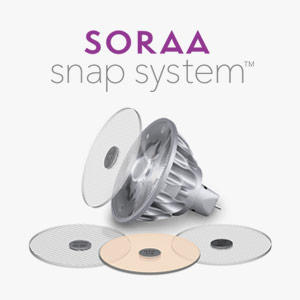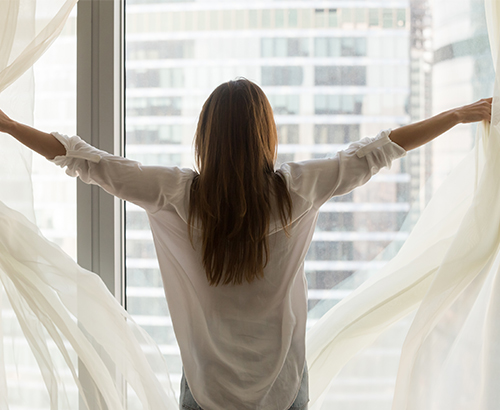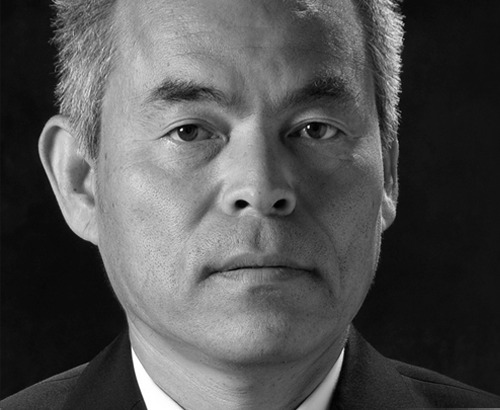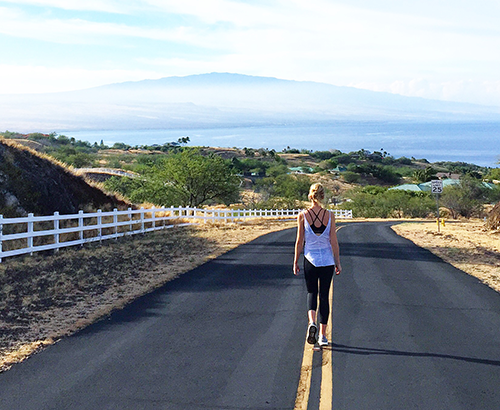Is Daylight Savings Making Cyberloafing an Even Bigger Workplace Issue?
November 2017 - by Dr. W. Chris Winter
I like this
This Sunday at 2:00 AM, daylight savings will again end as clocks everywhere lose the hour they gained back in March. As the yearly clock adjustment ritual comes to a close, the yearly ritual of articles, interviews and blog postings examining the phenomenon will begin. Outside of why people get sleepy after Thanksgiving, daylight savings time inspires more questions and confusion than virtually any other topic.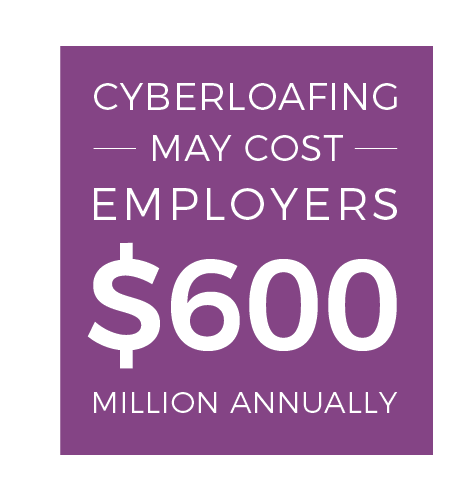
As someone who has been interviewed about the topic of daylight savings more times than I can count, it’s starting to feel a little stale. It’s inevitable that daylight savings can have a pretty large effect on sleep quality. You are, after all, losing an hour of sleep during the Spring, which can have pretty large effects on your health and productivity.
To give you a quick history of daylight savings, it was initially proposed by a New Zealand bug collector in the late 1800’s. The United States used it temporarily during both world wars but did not adopt it permanently until the 1960’s, in part because it was thought Americans would barbeque more and eat more fast food. Mildly interesting, but about as fresh as a large order of curly fries.
Fortunately, I’m not the only person who knows something about sleep in my office. Just as I was starting to panic about what to write about daylight savings time, Ellen Wermter, our practice’s newest provider, put an article on my desk titled: “Lost Sleep and Cyberloafing: Evidence from the Laboratory and a Daylight Saving Time Quasi-Experiment”.
Underneath, she had scrawled, “Had never heard this term, funny.” While I agreed that the title was mildly amusing, the topic was strangely serious. So what exactly is cyberloafing? Cyberloafing is workers using company time and company internet access to check email, shop, watch The Voice recaps, or indulge in any online activities not related to work or productivity. As pointed out by the authors of the paper, cyberloafing is far more difficult to spot than regular loafing because anyone can pick up on a three hour lunch break. Noticing an employee buying her entire family a new set of holiday sweaters - not so simple.
It has been theorized that lack of quality sleep may lead to increased cyberloafing in the workplace, and the cost to employers is not cheap. A 2007 study in the United Kingdom estimated the cost to employers to be $600 million dollars annually. Why would sleep deprivation affect workplace internet-surfing? The theory is that sleep reduction impairs self-control. Research has shown that when an individual has received inadequate rest, their ability to resist behaviors with short-term benefit, but potential long-term consequences, is significantly compromised.
Enter daylight savings time and its removal of one hour of our sleep every March, and you can quickly see how this time period can become a costly issue for employers. In this study, it was hypothesized that on the Monday following the change to daylight savings time, there would be a bump in search engine usage, and in fact, there was. The study seemed to demonstrate a link between a poorly rested state and cyberloafing, a potential surrogate of self-control. This study doesn’t represent an isolated phenomenon. In fact, other studies have shown poor sleep may lead to increased risk-taking behaviors and a reduced attention span.
So with Sunday’s clock adjustment looming, there are a few things we can we take away from this article:
- Sleep loss should be avoided or mitigated; it’s simply too harmful not only to our health, but also to aspects of our character and productivity that make us more likely to succeed.
- One particularly innovative way to counteract cyberloafing and a lack of productivity after daylight savings would be to use dynamic light in your home, which mimics natural light throughout the day. Why dynamic light specifically? Dynamic light offers the full spectrum of light during the day (which helps you stay alert and productive), and in the evening it removes the blue light spectrum completely (as opposed to just dimming the light and producing a warmer tone). Dynamic light’s ability to remove blue light in the evening is what really allows you to have a restful night’s sleep and wake up feeling refreshed the next morning.
- If situations create a lack of sleep in your life, look for spots in your schedule where they could be made up. Does the type of work you do lend itself to napping? Is it possible for you to skip your morning workout to get another hour of sleep?
Fortunately on Sunday, we get to add an hour to our sleep. This gives us six months to prepare for the coming loss of sleep, and six months for me to find another interesting take on Daylight Savings Time (just not on company time).

